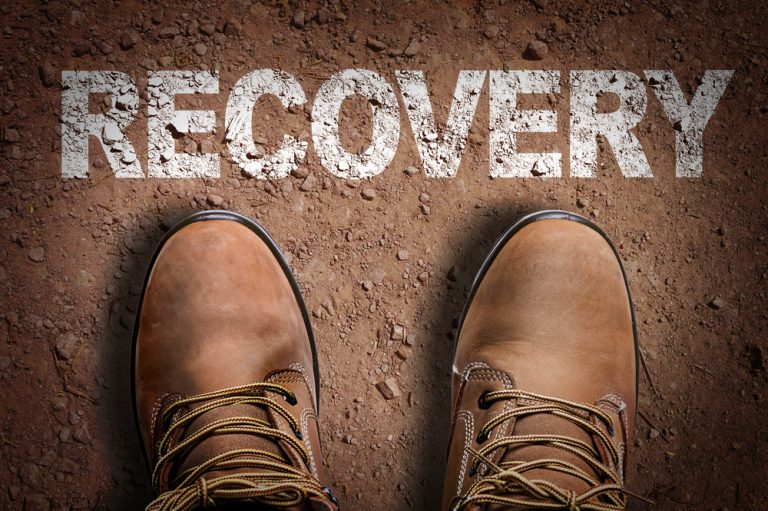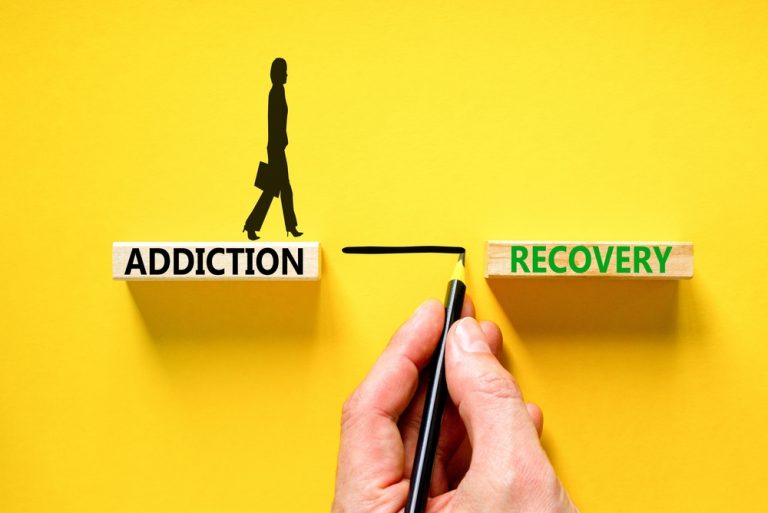When dealing with drug or alcohol addiction, one of the biggest questions is: how long does rehab take? The answer varies greatly based on individual circumstances, addiction severity, and treatment type. Key points about rehab duration include:
- Typical lengths are 30, 60, or 90 days, with 90-day programmes showing the best success rates; detox usually lasts 7-14 days depending on substance and health.
Addiction treatment programmes are structured approaches to substance use disorders, including drug rehab and alcohol rehab, designed for effective recovery.
Addiction is a chronic disease requiring comprehensive, multi-stage care beyond initial treatment programmes.
Longer rehab programmes often yield better sustained recovery and relapse prevention, especially for long-standing addictions. Professional assessments guide individualised treatment plans.
Rehab types include inpatient (residential) treatment with 24/7 care, outpatient programmes offering flexibility, and private rehab facilities providing structured detox, therapy, and aftercare.
Outpatient programmes typically run 3-6 months with flexible therapy schedules.
Research supports a minimum 28-day treatment duration, with longer care (90+ days) providing optimal outcomes.
Aftercare support for 6-12 months or more is essential for maintaining recovery.
Quick Answer: Standard Rehab Durations

Most rehab programmes follow proven timeframes of 30, 60, or 90 days, with 90-day programmes showing the highest long-term recovery success rates.
Detox precedes main treatment and the average length of detox is around 7 days, but it can be as short as a few days for some substances. Detox and treatment lengths are tailored to addiction severity and substance use patterns. Individuals who are already detoxed before entering rehab may have a shorter overall treatment process. Medical staff provide 24/7 care to manage withdrawal symptoms and prepare patients for intensive therapy.
Outpatient programmes last 3-6 months with flexible schedules to maintain work and family commitments. Therapy sessions are a core component, including 9-20 hours weekly of individual therapy, group therapy, and addiction education. Treatment depends on the type and severity of drug and alcohol addiction.
Research shows 28 days is the minimum effective treatment duration, but longer stays yield better outcomes. The Substance Abuse and Mental Health Services Administration recommends at least 90 days of structured care for optimal results.
Treatment extends beyond the programme, with aftercare support for 6-12 months or longer essential to maintain recovery gains.
What Affects How Long Rehab Takes

The length of rehab treatment and treatment programs depends on individual needs and the treatment process. Rehab duration depends on:
Addiction severity and duration: Longer, severe, or long standing addictions may require more intensive treatment programs and longer stays to develop effective coping mechanisms and coping strategies for sustained recovery.
Substance type: Drug and alcohol addictions may require different approaches and durations. For example, opioid addiction often needs longer treatment due to dependence and relapse risk. Alcohol detox may be prolonged for heavy users. Cocaine or methamphetamine require specialised approaches.
Co-occurring mental health disorders: Dual diagnosis treatment addressing both addiction and mental health extends programme length.
Previous treatment attempts: Multiple relapses often necessitate longer, more intensive rehab treatment.
Support systems and environment: Lack of support or exposure to substances at home may require extended stays or sober living.
Motivation and treatment response: Engagement levels affect length; some progress faster than others.
Standard Rehab Programme Lengths

Research shows that longer rehab programs and treatment programs are associated with better outcomes, with 90-day stays doubling success rates versus 30-day programmes. The average length of stay varies based on individual needs and the severity of addiction. Insurance generally covers 30-day inpatient and extended outpatient care; longer residential stays may need prior approval.
Programmes have goals aligned with length. The treatment process and length of stay depend on the severity of addiction and the need to develop coping mechanisms and coping strategies for relapse prevention. Short stays focus on stabilisation and basic skills; longer stays allow deeper behavioural change, life skills training, and more time to strengthen coping strategies.
Therapy sessions are a core part of all rehab programs, providing ongoing psychological support through individual, group, and family therapy as well as relapse prevention.
30 Day Rehab Programmes
30-day rehab programmes are a common way to start treatment for addiction. These typically include a 7-10 day detox process, which may last only a few days for some individuals. People undergoing detox before admission may have a shorter treatment process overall. After detox, about 3 weeks of intensive therapy and behavioural interventions follow. This approach is best for mild addictions or first-time treatment seekers with strong support and stable homes. The treatment process includes individual counselling, group therapy, therapy sessions, addiction education, a 12-step introduction, and limited family therapy.
Transition to outpatient or aftercare is critical; without it, relapse risk rises. The compressed timeline can overwhelm those with trauma or severe mental health issues.
60 Day Rehab Programmes
60-day treatment programs offer more time for the treatment process, allowing individuals to develop and strengthen coping mechanisms and coping strategies essential for managing triggers and urges during and after rehab. Include extensive family therapy to educate and empower families.
The 8-week period allows gradual reduction in treatment intensity, preparing for independent living. These treatment programs are suitable for multiple substance dependencies or co-occurring mental health issues. Research shows higher success rates than 30-day programmes.
90 Day Rehab Programmes
Considered the gold standard, 90-day programs are regarded as longer rehab programs and are often provided in residential rehab or private rehab settings. These treatment programs address addiction, trauma, mental health, and life skills for sustained recovery. They include vocational training and educational support for reintegration.
Longer rehab programs are especially beneficial for individuals with long standing addictions, as they allow more time to develop and strengthen coping mechanisms to manage triggers and urges during and after rehab. Allow time for emotional healing, relationship repair, and building recovery social networks. Best outcomes for severe, long-term addictions and multiple relapses. Gradual transition planning eases return to daily life.
Detox Timeline Within Rehab Programs

The detox process is the first step in the treatment process, and the average length of detox varies by substance and individual health.
Alcohol: The average length is 7-10 days, with withdrawal peaking at 2-3 days; however, some individuals may complete detox in a few days, while others require longer. Medical supervision prevents complications.
Opioids: The average length is 14-28 days, often requiring medication-assisted treatment.
Benzodiazepines: The detox process can last 2-8 weeks, managed with gradual dose reduction to avoid seizures.
24-hour medical supervision monitors vital signs, manages symptoms, and administers medications for safety and comfort.
Detox length affects when intensive therapy begins; individuals who are already detoxed or have undergone detox before entering rehab may start therapy sooner and have a shorter overall treatment process. Acute withdrawal must subside first.
Factors like age, health, poly-drug use, and addiction duration influence the average length of the detox process.
Benefits of Longer Treatment

Longer rehab programs and comprehensive treatment programs yield better outcomes. Ninety-day stays double success rates compared to 30-day programmes by providing more opportunities for therapy sessions and the development of effective coping mechanisms and coping strategies.
The extended treatment process rewires brain pathways affected by chronic substance use, requiring sustained abstinence and ongoing therapy.
Longer stays allow for more practice and reinforcement of coping skills, coping strategies, and relapse prevention techniques in a safe environment, while also addressing trauma, mental health, and building peer support networks.
Life skills like financial management, job searching, communication, and healthy relationships develop over time through structured therapy sessions and practical activities.
Longer programmes increase aftercare engagement and reinforce recovery as a lifelong process.
Aftercare and Continuing Support

Aftercare lasts 6-12 months or longer, with decreasing intensity as stability improves. Individuals are encouraged to find support through aftercare and ongoing therapy sessions, which are vital for sustained recovery.
Includes weekly counselling transitioning to monthly check-ins, focusing on relapse prevention, goal setting, and participation in therapy sessions.
- Sober living offers structured environments with peer support for 3-12 months post-treatment.
- Support groups such as Alcoholics Anonymous, Narcotics Anonymous, and SMART Recovery provide ongoing community. While addiction recovery at top rehab clinics in London offers effective treatment solutions.
- Alumni programmes offer social events, workshops, and peer mentoring to maintain connections.
- Recovery coaching helps navigate challenges and access community resources.
- Relapse prevention plans are regularly updated to adapt to life changes.
Continued participation in treatment programmes during aftercare helps reinforce coping mechanisms and coping strategies, supporting long-term recovery. Aftercare is tailored to individual needs, ranging from minimal to extended support.
How to Determine the Right Rehab Length for You
Professional assessment identifies the appropriate length and type of treatment programs by evaluating substance use, prior treatments, mental health, family, and social support. The treatment process and duration of rehab treatment depends on individual needs—an expert assessment helps determine the best course for each person’s recovery.
Ask centres about recommended durations, flexibility to extend stays, and how their treatment programs support ongoing therapy sessions and relapse prevention. Longer stays may be needed to develop and strengthen coping mechanisms and coping strategies, which are crucial for managing triggers and urges during and after rehab.
- Indicators for longer treatment include multiple relapses, severe withdrawal, unstable housing, co-occurring disorders, and limited support.
- Good programmes allow stay extensions as recovery timelines vary.
- Balance medical advice with practical concerns like family, work, and finances.
- Consider long-term costs of inadequate treatment versus investing in full care.
- Recovery is lifelong, requiring ongoing support beyond rehab, including therapy sessions and aftercare.
- Honest self-assessment, professional consultation, and commitment to evidence-based care provide the best chance for lasting recovery.
Recovery from drug or alcohol addiction is possible with proper support, adequate treatment duration, and dedication to sobriety. Whether you are seeking help for yourself or a loved one, it’s important to find support and understand the factors that influence the length of rehab to make informed decisions for sustained recovery.
Conclusion and Final Thoughts
Choosing the right length and type of rehab is a personal decision that shapes the recovery journey. Whether inpatient, outpatient, or a combination, it’s vital to select a treatment plan that meets individual needs. Recovery involves more than stopping substance use—it means addressing underlying issues, developing healthy habits, and building a supportive network for lifelong recovery.
Setting realistic expectations and understanding that lasting recovery takes time helps individuals and loved ones stay motivated. By prioritizing comprehensive treatment and ongoing support, anyone struggling with addiction can take meaningful steps toward lasting recovery. Seeking help is the first and most important step, and with the right support and commitment, a healthier future is within reach.
Here are our live Google Reviews!





PCP - Get help with your addiction to alcohol drugs gaming gambling codependency
Author
-
Perry is the founder of Rehab Today by PCP and opened the first treatment centre at Luton in 2004.
Perry’s background apart from his own personal struggle with addiction over 20 years ago is in the recruitment industry where he started his career and became Finance Director of a UK PLC and in the late 90’s was part of a new start up and became the leading recruitment consultancy in Intellectual Property across Europe.
Perry is passionate about recovery from addiction and liaises with family members to coordinate admissions, often sharing his own experience to help people when they first admit into treatment. Most certainly the driving force behind the success of Rehab Today by PCP which now boasts 60 primary and 68 move on beds in all locations. Perry is a keen fitness fanatic and Arsenal fan!
View all posts








